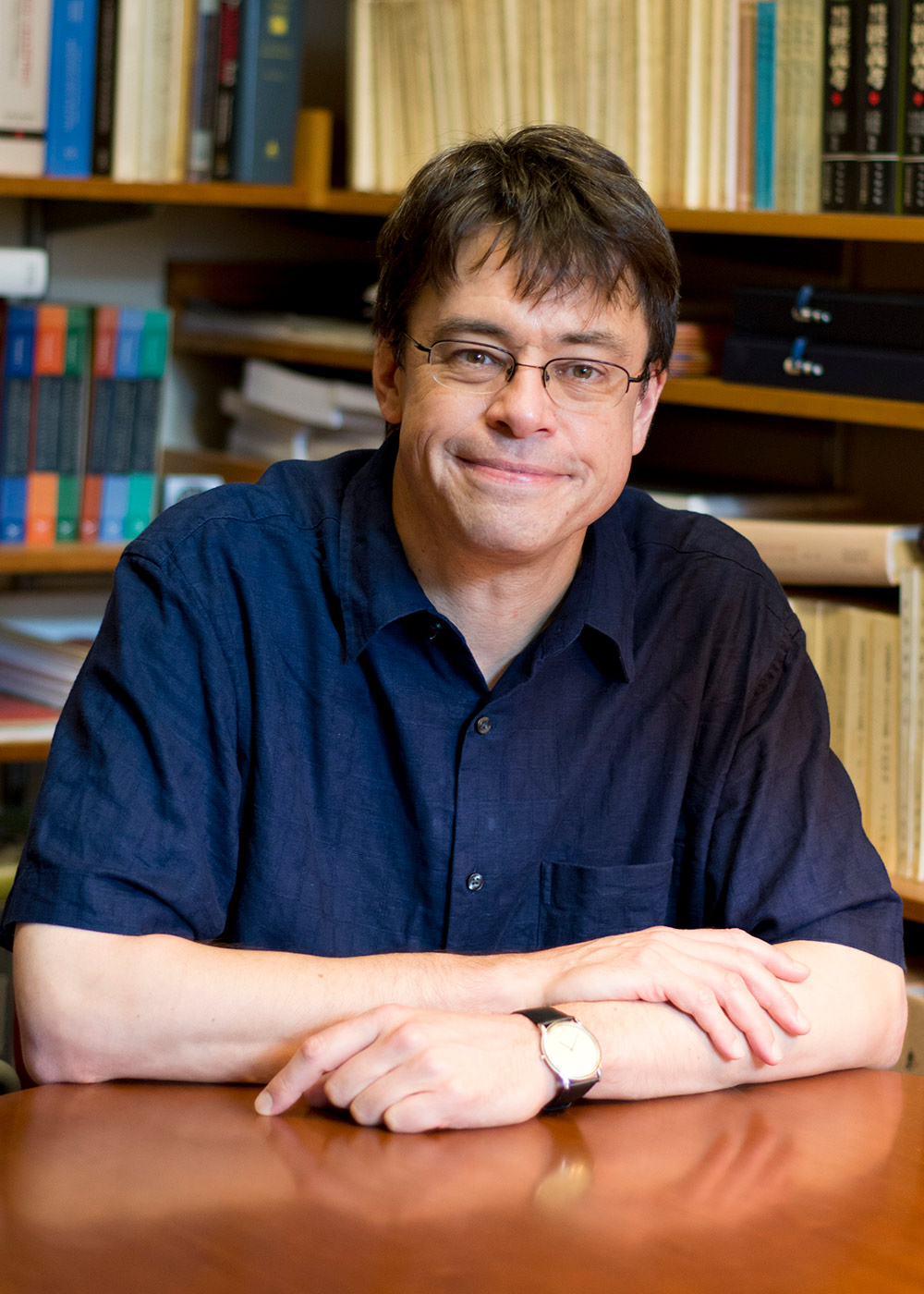
Nowadays, it is not difficult to observe the flow of thoughts in our “flat world”. Let’s examine a recommended practice called “Finding oneself”, which is often translated into Vietnamese as khám phá bản thân.
Let’s also try a Google search with that phrase: it takes only 0.58 second to yield 665,000 results. The search results show that this considered much-needed tendency has also become quite popular in Vietnam. Finding yourself, loving yourself, and embracing yourself as it is – this advice has seemingly turned into the appropriate guidelines for contemporary life.
However, what if we finally figure out ourselves to be contradictory and full of patterned behaviors? Based on the philosophical foundation of East Asia, Michael Puett – Professor of Chinese History and Anthropology at Harvard University, has come up with a very different but helpful solution for our contemporary life in a book co-authored with Christine Gross-Loh, titled The Path: What Chinese Philosophers Can Teach Us About the Good Life (Simon & Schuster, 2017).
Ranked third among the most popular courses at Harvard University (only after the “Principles of Economics” and “Introduction to Computer Science”), Professor Puett’s “Classical Chinese Ethical and Political Theory” course attracts more than 700 students at a time, and dramatically helps to change the lives of many of them in a positive away. Following the same path, his book The Path listed as a “best-seller” book by the New York Times has been bought by 25 countries, including China where it was published in 2016.
For Professor Puett, one of the lessons drawn from Chinese philosophers is, “Don’t discover who you are, let alone embrace what you find. Instead of choosing self-acceptance, choose self-cultivation. Instead of embracing yourself, overcome yourself. This is not just how you become a flourishing adult. It is the best way to create a flourishing world.” (The Path).

Puett’s book critically re-examines the question of “finding oneself” in the light of classical Chinese philosophy. Since the so-called self we’ve found at a certain time is in fact only a temporary entity situated in specific contexts, it will never be the true self we’re looking for. That true self (or our truth), if any, should be understood differently: it never stays fixed, intact, or frozen, but is forever transformable, adaptable and improvable through various challenging circumstances of live, depending on whether if we’re open to changes or not.
With all this investment in our self-definition, we risk building our future on a very narrow sense of who we are – what we see as our strengths and weaknesses, our likes and dislikes. Many Chinese thinkers might say that in doing this, we are looking at such a small part of who we are potentially.
We’re taking a limited number of our emotional dispositions during a certain time and place and allowing those to define us forever. By thinking of human nature as monolithic, we instantly limit our potential. (The Path)
Holding fast to what we believe as our true self or “our truth”, we will not only restrain our potential, but also lose the flexibility of self-adaptation and self-improvement in life’s difficult times.
[W]e should always expect to be surprised and learn to work with whatever befalls us. If we can continue this work, even when tragedies come our way, we can begin to accept the world as unpredictable and impossible to determine perfectly (…) [I]f our world is indeed constantly fragmented and unpredictable, then it is something we can constantly work on bettering. We can go into each situation resolved to be the best human being we can be, not because of what we’ll get out of it, but simply to affect others around us for the better, regardless of the outcome. We can cultivate our better sides and face this unpredictable world, transforming it as we go. (The Path)
However, self-cultivation and self-transformation should be practiced not only in arduous times, but also in every moment of our daily life where every even small act will gradually help to perfect our personality.
We tend to believe that to change the world, we have to think big. Confucius wouldn’t dispute this, but he would likely also say. Don’t ignore the small. Don’t forget the “pleases” and “thank yous.” Change doesn’t happen until people alter their behavior, and they don’t alter their behavior unless they start with the small. (The Path)
Of course, The Path is only one way of reading classical Chinese philosophy in contemporary contexts, showing how relevant those philosophical texts written thousands of years ago are to our modern life. If we believe that the whole journey of our life is a long process of learning to become human, Puett’s book The Path is an excellent work pointing out how we can realize that process.
During his visit to and work with the Fulbright University Vietnam in January 2019, Prof. Puett will offer a talk titled “Ethical Philosophy from a Global Perspective”.
In this talk, he will show us how classical philosophical thoughts from East Asia should be read, understood, and put into practice to help contemporary people transform themselves, and create a harmonious development among their community, society, and universe.
This will be a great chance for us to learn more about The Path and ethical philosophy as an important branch of knowledge with global insights in general and as a crucial core course in the liberal arts tradition in particular.







